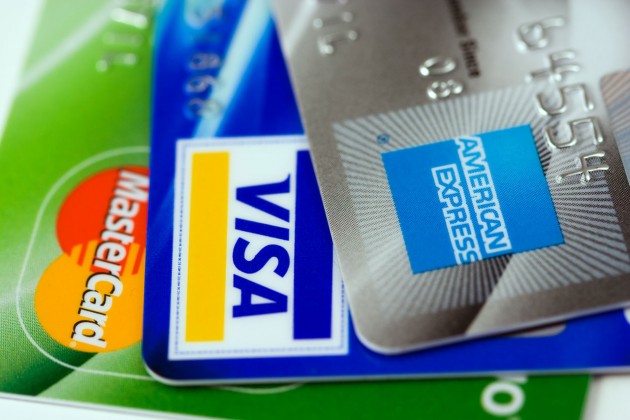
There are a number of ways that students can pay for school supplies: cash, debit cards, and student loans, to name a few. But in February 2010, freshmen will find themselves with one less option: credit cards.
President Barack Obama recently signed the Credit Card Accountability, Responsibility and Disclosure Act of 2009. In part, the bill raises the age of accountability for credit card usage from 18 to 21 years of age. Anyone under 21 can now only get a credit card if a parent, guardian or spouse is willing to co-sign or unless the young adult has proof of sufficient income to cover the credit obligations.
A national study of credit card usage among undergraduates performed by student loan corporation Sallie Mae suggests that the effect of this bill on the student population will be huge. According to the study, since 2004 the percentage of undergraduates with at least one credit card has risen from 76% to 84%. Also, the average amount charged to a student’s card for school supplies has jumped from $942 to $2,200. Without credit cards, students will have to find other ways to cover those costs.
Western Carolina student Sam Clinton says he does not care what age the government decides someone has to be to own a credit card. However, he also argues that there is no correlation between age and the ability to handle money.
“I know people who are 15 who use their parent’s credit cards are good with it,” said Clinton. “It’s not age, it’s how well you were taught to manage money.”
Others, such as WCU alum George Oliver, view the bill as a poor tradeoff. Oliver states that “It’s [the bill] going to decrease the number of kids in debt, but it’s also going to make it harder for people to build credit.”






